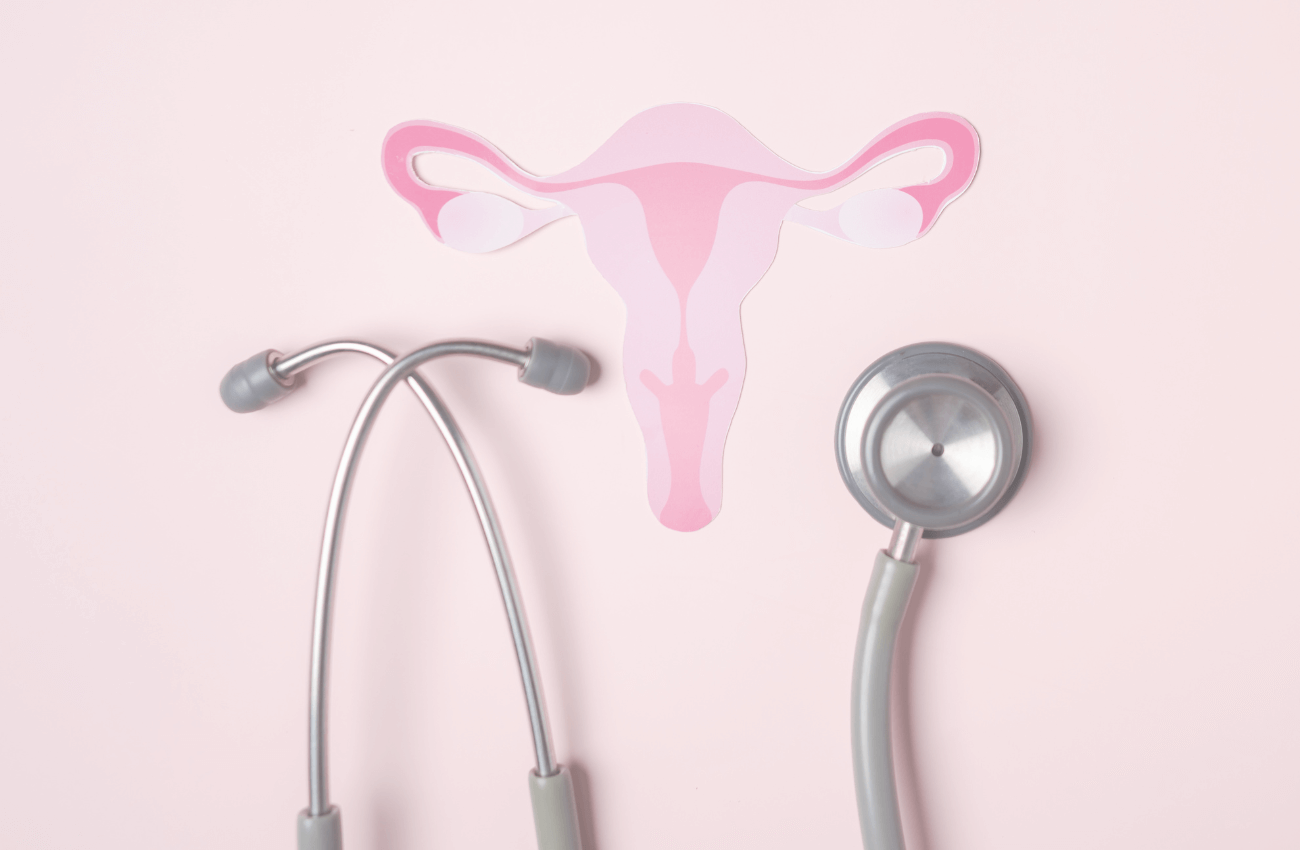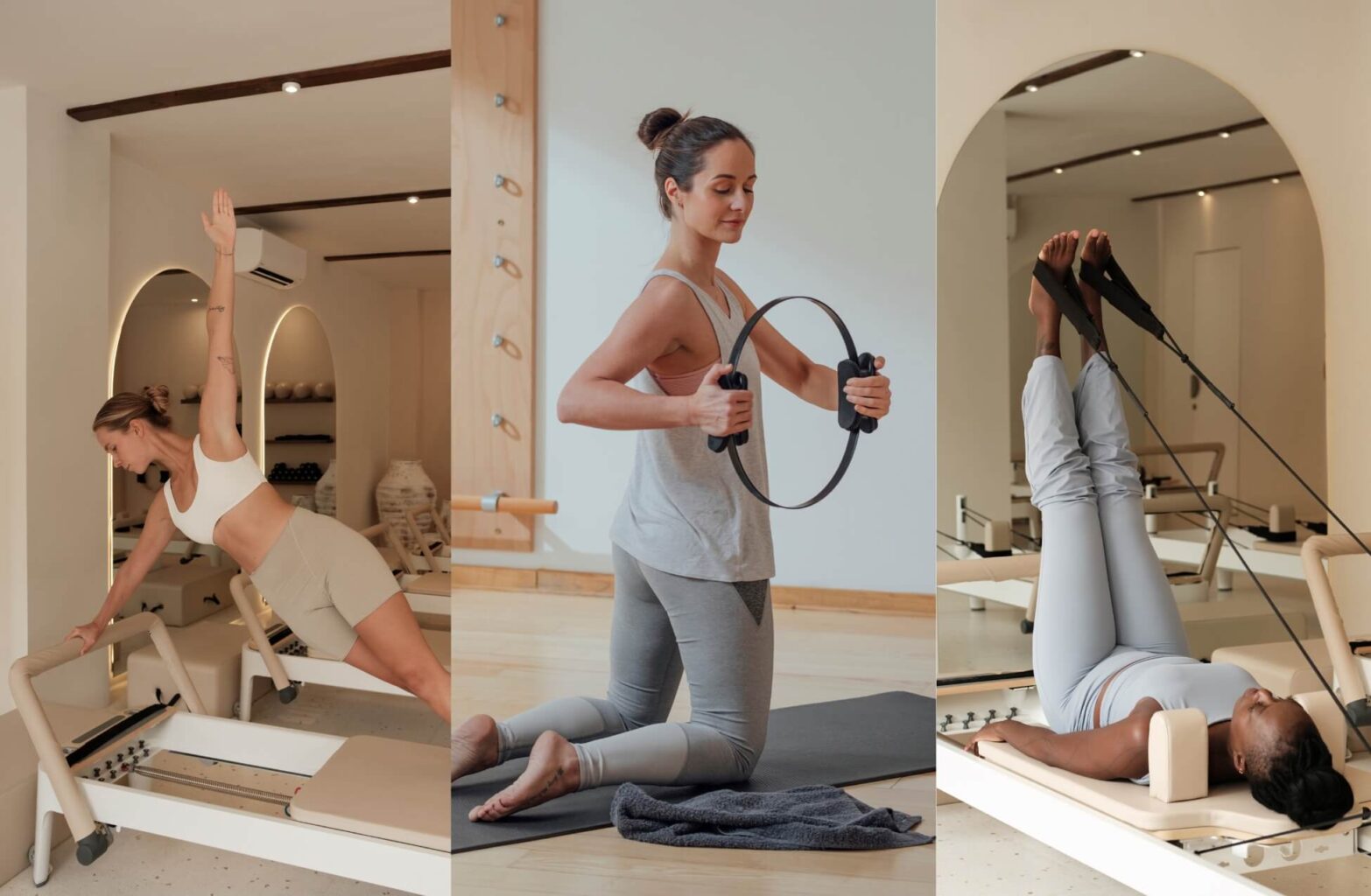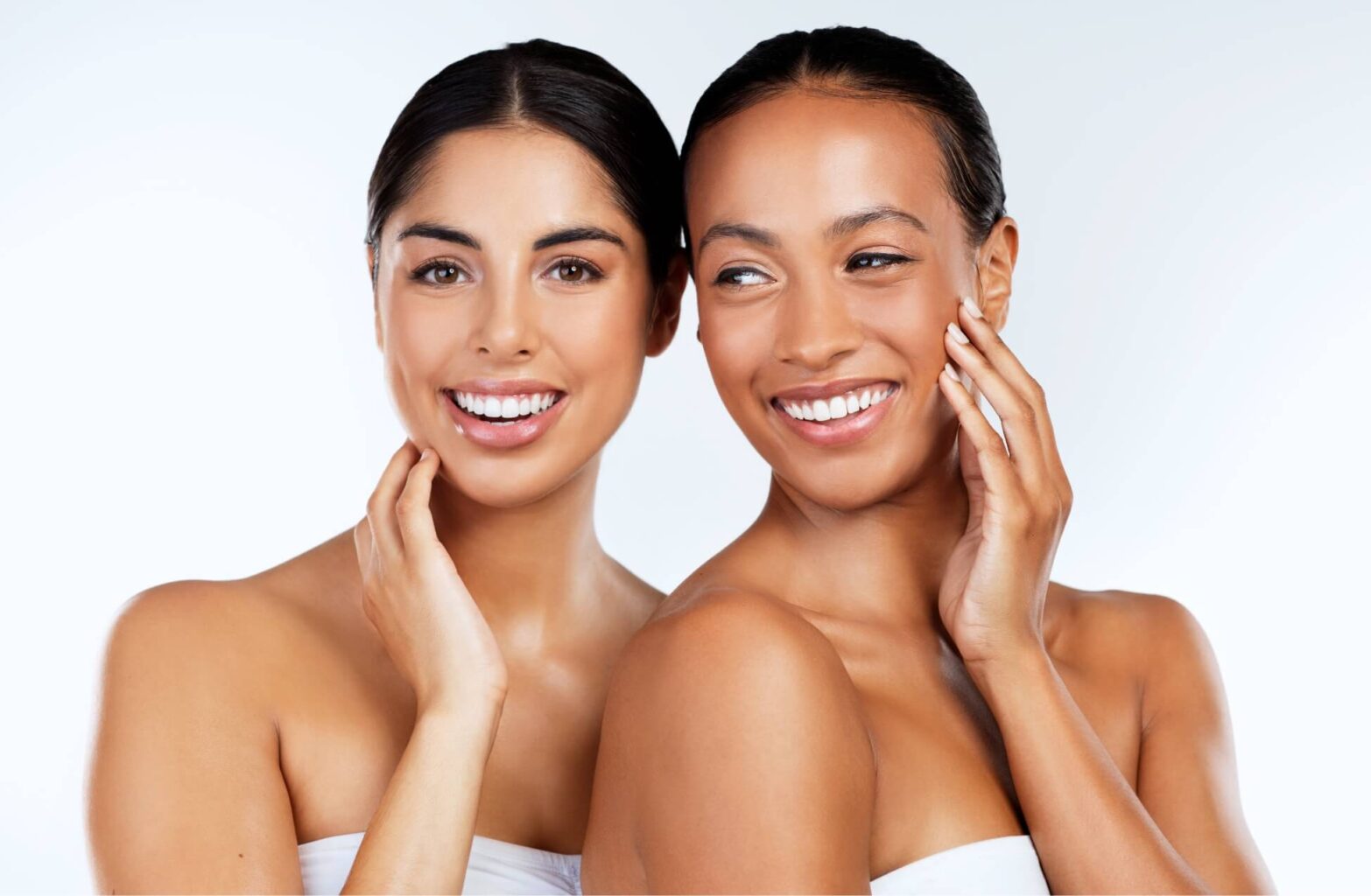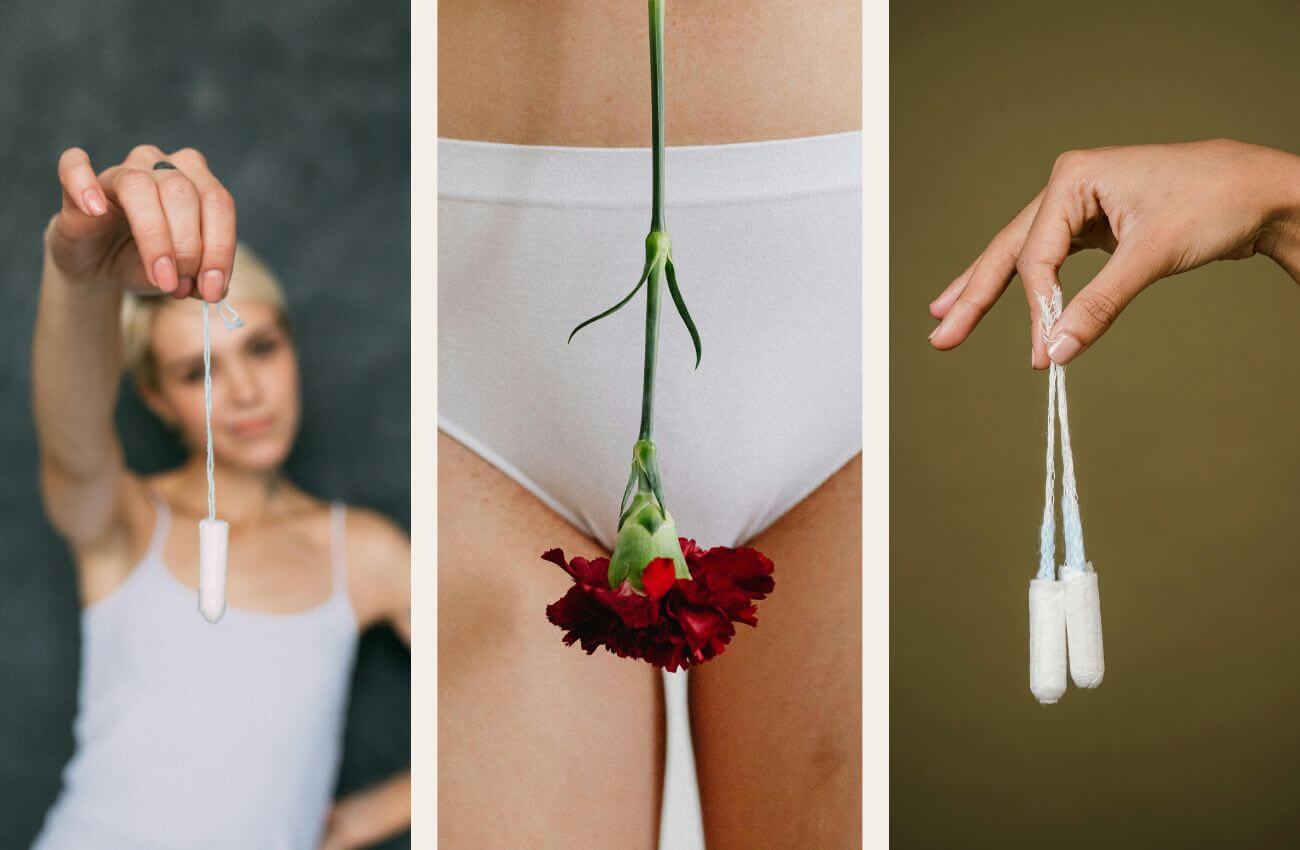Brands and Women’s Health
Understanding the complexity of women’s health
Through collaboration with innovative brands and agencies, OnePoll has been able to shape conversations and break down barriers in women’s health. They conducted research, collected data for engaging content, tested messages, and evaluated campaigns. By doing this, they have captured invaluable data and insights from tens of thousands of women worldwide, providing unique insight into their experiences across a wide range of women’s health issues. As a result of their extensive involvement in this subject, we have a unique perspective on women’s issues. OnePoll, in partnership with Campaign, created a report based on this data tailored to leverage the unique position of women’s health communication for brands and creative agencies.
Breaking barriers in branding and communication
There is a lot to learn about women’s health when it comes to branding and communication. A lack of understanding of topics ranging from menstruation to menopause has resulted from the medical profession’s historically largely overlooking of this critical area of healthcare. As a result of this lack of awareness, consumers have firmly entrenched conservative views, which often manifest in complaints when progressive campaigns are launched in this area.
Confronting conventional perceptions
There are challenges faced by brands trying to redefine the conversation around women’s health, as Tara Chandra, Co-Founder of Here We Flo, a sustainable period product brand, can attest. With the help of Hatch London, the groundbreaking TV ad ‘#NoMorePeriodDrama’ secured the Sky Zero Footprint Fund in 2021. However, both men and women complained about it. The ad was criticised by some men for demeaning women’s dignity, while some older women expressed concerns about how it might affect their image.
Chandra’s vision was to challenge these perspectives. She stressed the importance of women taking charge of their own health and questioned whether those who criticised the campaign were actively engaging with healthcare professionals or discussing their health issues within their communities, where mutual learning takes place.
“We need to own our health. Are these people actually speaking up with the doctor, are they talking to other people in their community about their health issues? Because that’s where we learn.”
– Tara Chandra, Co-Founder of Here We Flo
Uncovering uncomfortable truths
OnePoll’s extensive research and insights, including their recent survey of over 5,000 women, corroborate Chandra’s observations. The survey revealed that many women do not feel entirely at ease discussing women’s health issues. While 45% of the women surveyed felt “very confident” discussing general health matters with their doctors, this figure decreased to 35% when addressing women’s health issues.
While 45% of the women surveyed feel “very confident” discussing general health issues with their doctor, this falls to 35% when discussing women’s health issues.
Approximately two-thirds of the respondents admitted they would only confide in close family or friends regarding any health issues they experienced. In this group, 39% feel it is inappropriate to talk about such matters with a wider network of people. In the 65+ population, 55% feel uncomfortable sharing their health issues.
This hesitance to discuss significant life events reflects the broader societal tendency to dismiss or feel embarrassed about women’s health issues.
The disparities in healthcare
“Women’s health has long been disregarded,” says Summer Taylor, a Senior Strategist at AMV BBDO. She highlights a stark contrast where, on average, it takes seven and a half years for women to receive a diagnosis of endometriosis. In contrast, men can seek immediate help for issues like erectile dysfunction.
Despite notable improvements over the past decade, the need for accurate information and awareness surrounding women’s health remains significant. Nearly two-thirds (63%) of the women surveyed believe there is now more trustworthy and reliable information available for women on their health issues compared to a decade ago. This figure rises to 74% among Black respondents.
A moral imperative and economic opportunity
Many brands and agencies view championing women’s health as both a moral imperative and an economic opportunity. Issues concerning menstruation, menopause, pregnancy, abortion, or infertility will affect nearly every woman at some point in their lives. A significant majority (73%) of the surveyed women have sought professional medical help for a women’s health issue as adults. The top three issues reported were menstrual cramps (47%), thrush and other yeast infections (37%), and premenstrual syndrome (27%).
However, not all women feel confident when speaking with doctors. Some participants in the survey noted that women’s health is not taken as seriously by healthcare professionals as men’s health, contributing to feelings of neglect in society.
“Women’s health is not taken seriously enough by doctors where men’s health and pain barriers are pandered to. Women’s health and mental well-being has been neglected by society for years.”
– Survey Participant
Destigmatising women’s health
In recent years, brands have played a crucial role in shifting the narrative. In 2019, Libresse/Bodyform’s ‘Viva la Vulva‘ campaign aimed to normalise vaginal health discussions, while in 2017, ‘#BloodNormal’ used realistic red blood in sanitary products advertisements for the first time. Tena’s 2022 campaign depicted the difficulties associated with menopause in ‘The Last Lonely Menopause’. Meanwhile, smaller brands like Bloody Good Period and Wuka continue to push the boundaries.
Wuka’s 2023 TV ad, portraying a variety of menstruation experiences, garnered nearly 300 complaints, which were later dismissed by the Advertising Standards Authority, deeming it “realistic.”
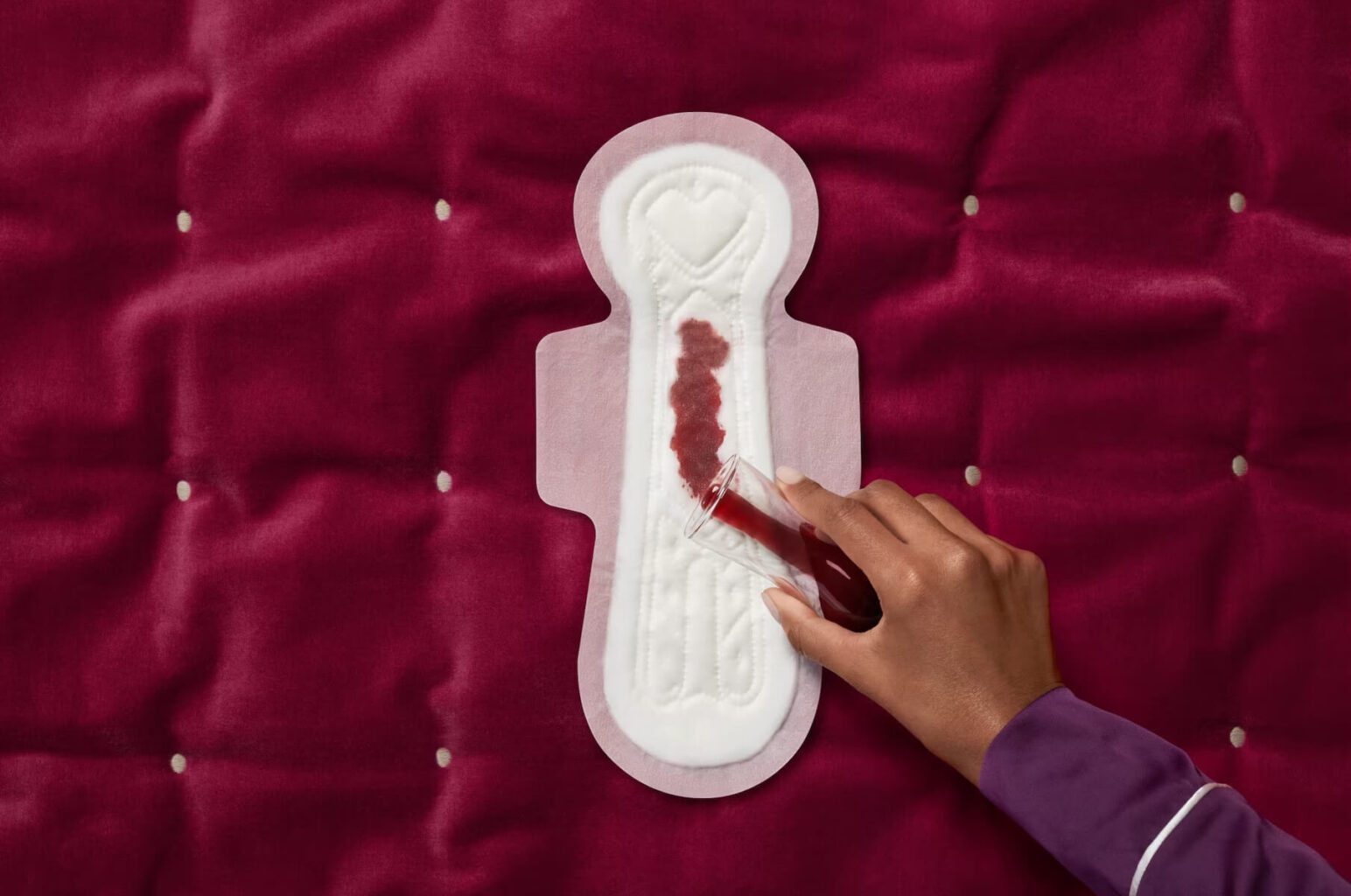
Brands and Women’s Health: The Way Forward
Campaigns and communication strategies of brands already contribute to women’s empowerment and progress. The latest Campaign Insights report, explores the opportunities brands have to continue driving positive change for women’s health by further empowering women.
Why brands should champion women’s health
It’s evident that many brands are already deeply committed to women’s health, and there are clear economic opportunities for those who have not yet made it a focal point. Bea Farmelo, Senior Strategist at AMV BBDO, which has collaborated with brands like Libresse/Bodyform and Tena, highlights the challenges women face when navigating the medical establishment. These difficulties present opportunities for brands to step in and provide valuable assistance.
“While brands should always encourage women to seek medical attention if uncertain,” Farmelo says, “there is an opportunity for them, where relevant, to bridge the gaps with accessible, expert-led, empathetic information.” She emphasises that brands have a responsibility to demystify women’s health, equipping them with the right information and tools to achieve the health outcomes they deserve.
“Brands have a responsibility to demystify, arming women with the right information and tools to get the health outcomes they deserve.”
– Bea Farmelo, Senior Strategist at AMV BBDO
The evolving role of the media
For brands that still need convincing, respondents to OnePoll’s survey suggest that there is room for improvement regarding women’s health in the media. Only 22% of respondents expect mainstream media information to be accurate, and less than half (42%) feel that mainstream media outlets are supportive when addressing women’s health issues.
Why Brands Should Care About Women’s Health
Given that many women feel embarrassed by their symptoms, an increasing number are turning to the internet for health information, with 85% making it their first point of reference. Communications Director at Essity (owner of Bodyform, Libresse, and Tena), Gareth Lucy, worries about the abundance of inaccurate information available on the internet. “This highlights the real danger of taboo topics,” he says. People may not feel comfortable discussing their health concerns with professionals, leading them to seek solutions on the internet, which is often unreliable. Lucy emphasises the need to create a culture where people feel comfortable discussing their symptoms with healthcare professionals. He adds: “Once a healthcare professional has correctly understood the health issue, then trusted and reliable online sources can play an important role.”
85% turn to the internet as their first port of call for women’s health concerns.
Social media and women’s health
The survey reveals that 11% of respondents turn to social media when researching health issues, a number that rises to 17% for those aged 18-34. Despite not being the primary source for researching specific health questions, social media is significantly impacting shifts in women’s health. Brands should pay close attention to these changes to avoid falling behind.
Social media serves as a platform that connects women facing similar health issues, enabling them to learn from and support one another. When asked about trust on social media, 65% of respondents expressed trust in a community of people on the same health journey, such as pregnancy or menopause. Groups or pages dedicated to women’s health came in second at 61%, followed by medical professionals at 60%.
As a result, brands have a compelling reason to champion women’s health. By providing accurate information, bridging gaps in knowledge, and embracing the evolving role of media and social platforms, brands can play a vital role in empowering women to take control of their health and wellbeing.
Younger generations, in particular, place significant trust in their peers on social media, with 69% of those aged 18-34 expressing trust in online communities. As a result, social media is playing a significant role in educating people about women’s health, with 27% of respondents reporting that they have learned about this topic online. For individuals aged 18-34, this number rises to an impressive 38%. While this educational aspect of social media is undoubtedly positive, it comes with a caveat: the risk of encountering inaccurate information.
Navigating censorship challenges
Social media platforms themselves pose challenges, as their censorship policies sometimes contribute to the stigma surrounding women’s health. In OnePoll’s survey, over a third (36%) of respondents mentioned seeing posts related to women’s health hidden due to “sensitive content”. This figure increases to 55% among those aged 18-34.
For instance, in 2020, Modibodi, a period underwear brand, launched its ‘New Way to Period’ campaign, featuring realistic portrayals of menstruating individuals with red blood instead of the stereotypical blue liquid. This ad faced temporary bans on Facebook and YouTube, although both platforms eventually reversed their decisions.
Recently, Bodyform encountered issues with its ads being shadow-banned by Meta due to the perceived use of “adult material” in their language. In response, 72Point PLAY led a campaign to support Bodyform’s cause. Sam Brown, Head of PR at 72Point PLAY, emphasises the importance of authenticity in social media activism. She advises brands to carefully consider whether they have a legitimate stake in the issue, how it relates to their audience, and whether they genuinely aim to drive change rather than simply seeking publicity.
Initiating Vital Conversations
Liana Lorenzato, Chief Marketing Officer at Modibodi, highlights the positive change that is taking place, driven by brands using social media as a platform to reach people. Modibodi’s recent ‘I’m Dying Inside’ campaign, developed in collaboration with Howatson+Company, specifically targets 18-25-year-olds through a TikTok series that addresses a range of menstrual experiences. Lorenzato emphasises that by using platforms like TikTok, brands can push the boundaries of traditional marketing campaigns and connect with an audience that might otherwise be overlooked. These efforts aim to break taboos and initiate essential conversations about women’s health, particularly among young individuals who are at a formative stage in their lives.
The trust in peer-driven information on social media, coupled with the educational potential of these platforms, underscores their significance in the women’s health landscape. Brands and activists are working to overcome censorship challenges and harness social media’s power to foster discussions and drive positive change in women’s health conversations.
Empowering conversations on women’s health and shattering taboos
Women’s health issues have long been obscured by taboos, leaving women feeling ashamed, embarrassed, and hesitant to engage in open discussions. OnePoll’s survey results indicate that younger women tend to consider these topics as more taboo. This could be due to the fact that as women age, they are more likely to encounter these issues, leading to more open conversations and gradual normalisation.
For example, while 52% of those aged 18-34 view abortion as taboo, only 27% of those aged over 55 share this perspective. A similar pattern emerges with menstruation, where 42% of younger women deem it taboo compared to 30% among those aged 55 and older. Additionally, 50% of individuals aged 18-34 believe sexual health is taboo, contrasting with 34% of those aged over 55.
The role of brands and communications professionals
Liana Lorenzato from Modibodi underscores the role that brands and communication professionals can play in transforming this culture, creating an environment where women can discuss these topics without shame or embarrassment. She emphasises that at its best, marketing positions itself uniquely to understand consumer needs and insights, leveraging its platform and creativity to drive cultural change.
Gareth Lucy at Essity stresses that the marketing and communications industry holds immense power in breaking down taboos. He urges brands to be courageous in their advertising for women’s health products, avoiding vague or euphemistic language that only perpetuates the taboo surrounding these issues.
Breaking down barriers with humour and empathy
Tara Chandra from Here We Flo shares that their brand addresses taboos with humour. Despite receiving complaints for their ‘No More Period Dramas’ campaign, they also received letters from older women who wished similar content had been available when they were younger. Chandra explains that their campaign aimed to apply their humorous, feminist, and fearless attitude to an area laden with taboos and stigma, where people are often reluctant to engage in discussions.
Chandra emphasises that humour is one of the most effective tools for breaking down communication barriers. At Here We Flo, they embrace all the ‘messy moments’ that many shy away from discussing, including periods, urinary matters, and sexual health. These are often the very areas where advocating for oneself is most crucial.
Moreover, brands and PR professionals can contribute to this shift by refusing to be shy or timid in their approach. Using emotions or compelling statistics can also be effective ways to convey crucial information.
Eliminating outdated and offensive terms
It’s vital for brands and PR professionals to ensure that outdated or offensive terms are not used in campaigns or by their spokespeople. The prevalence of such terms, like “geriatric pregnancy” and “hostile uterus,” is alarming, as they can subtly contribute to feelings of shame and taboo. These terms are encountered in various places by the women surveyed, including news articles, medical professionals, and social media.
Athena Lamnisos, CEO of The Eve Appeal, underscores the importance of using correct anatomical words, such as cervix, vulva, and vagina, to promote understanding of one’s body and facilitate discussions with healthcare providers. Open conversations about women’s health can make a significant difference, potentially saving lives by enabling early cancer diagnoses.
In light of the widespread use of outdated terms, it is imperative that brands and PR professionals lead the way in championing the use of correct, positive, and supportive language, thereby contributing to a more open and informed discourse on women’s health.
Addressing the diversity of women’s health experiences
Women’s health is a vast and diverse field that encompasses roughly half of the global population. Within this expansive demographic, various groups and communities can have markedly different health experiences. OnePoll’s research highlights the fact that 73% of Black or Black British women feel compelled to conduct their own research on health issues before seeking medical assistance. This suggests that this group is more likely to recognise the importance of having prior knowledge to effectively communicate their health concerns to a healthcare professional.
73% of Black or Black British women felt the need to do their own personal research on a health issue before seeking medical help
This assertion is reinforced by a 2021 MBRRACE-UK report titled ‘Saving Lives, Improving Mothers’ Care‘, which reveals that Black women are four times more likely to die during pregnancy and childbirth compared to white women, with Asian women being twice as likely. Despite the alarming statistics, Anna Terrell, Joint Managing Director at brand agency Hope & Glory PR, notes a distinct lack of communication from brands and organisations on this critical issue. She emphasises the need for personalised and targeted communications that acknowledge the diversity of women’s health experiences, rather than treating all women as a homogenous group.
The importance of research
Given the historical lack of research on women’s health, Susan Allen, co-founder of the period brand Here We Flo, believes that brands with the financial means should prioritise supporting medical research through corporate social responsibility (CSR) programs. Allen underscores the inadequacy of funding for research in this field and the necessity of gaining a deeper understanding of these health issues to find effective solutions.
Internal research conducted by brands should complement external research efforts, ensuring that companies are well-informed about the challenges faced by their consumers. For example, in 2021, AMV BBDO collaborated with Libresse/Bodyform to commission research from The Outsiders for a campaign focusing on the dismissal of women’s reproductive pain. The ‘Pain Stories‘ project aimed to create a ‘Pain Dictionary’ based on descriptions provided by sufferers, serving as a self-understanding tool and a resource for medical consultations. The research included 24 in-depth interviews with women from diverse backgrounds and countries.
AMV BBDO’s Bea Farmelo emphasises that these interviews illuminated the diverse experiences of different individuals. Intersectionality—factors like race, sexuality, gender identity, and social class – profoundly influences how women are treated within healthcare settings, impacting their confidence in the medical system and their willingness to seek help. Additionally, language can pose significant barriers to quality care, particularly for women of colour and those who do not conform to the able-bodied or heterosexual norm. Such individuals may find themselves struggling to navigate the cultural language of the medical profession, which can hinder their ability to self-advocate and result in subpar care.
Recognising and addressing the diversity of women’s health experiences is crucial for brands and healthcare providers alike. Personalised and targeted communications, increased support for medical research, and a commitment to dismantling language barriers are essential steps towards ensuring that women from all backgrounds receive the care and attention they deserve.
This article and referenced report were based on a survey conducted in the UK by OnePoll between 30 June and 11 July 2023, which surveyed 5,022 women (individuals who identified themselves as female).

